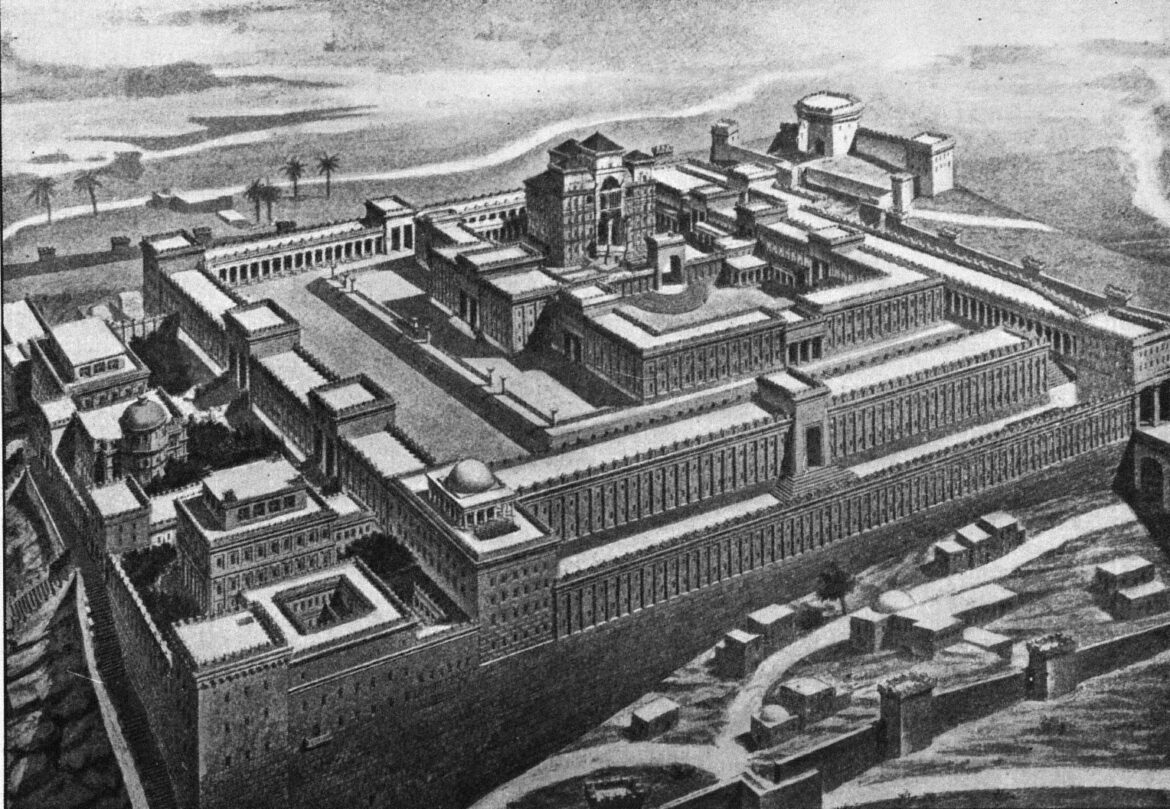During the interwar period, the Zionist community issued two series of publications intended for kids – “Aviv” and “Palestinian Library”. The first one was published in the years 1930-1935. Both were interesting examples of spreading Zionist propaganda among Polish-speaking Jewish children.
“Aviv” was printed by Lwów (today’s Lviv) Zionist circles related to the daily “Moment” (Chwila). Betty Feuerman, a teacher and librarian in the female gymnasiums in Lwów and the secretary-general of Lwów’s WIZO (Women’s International Zionist Organization) wrote about the reasons for this initiative: “Unfortunately, despite many years of efforts of Hebrew pioneers, we have not yet managed to create local groups of young readers who understand and are interested in the Hebrew books. For all our children, the ignorance of the Hebrew language makes it impossible to get to know first-hand the past of our nation.”
The originators of the series were activists of the Association of Jewish Women Association, an organization established in 1908. It was, as Maria Antosik-Piela emphasizes, one of the most dynamic women’s societies in Galicia.
The women, promoting their idea, posted announcements about competitions for a short story, a historical story about Palestine in the “Głos Kobiet”, the supplement of “Chwila”.
The first authors were Dr Sulamit Karlówna – a famous social activist in Lwów and the young poet Anda Eker. D-r Karlówna turned out to be particularly prolific. She has prepared as many as four volumes in the series, mainly on historical topics. It is significant that Anda Eker wrote only in Polish, knowing little Hebrew, even though she spent some time in exile in Palestine, and did not speak Yiddish at all.
In terms of subjects, the series turned out to be varied. They included biblical issues, but also the activities of Zionist organizations in Poland, discussing the phenomenon of the so-called farms in Warsaw’s Grochów, where young people from all over the country came to learn farm and breeding work before leaving for Palestine.
In the short story “People are good” (1938) Jerzy Korczak declared: “The plough is more important than a pen, ploughed soil more expensive than written paper”. This sentence reflects well the goals of the then Jewish intelligentsia for the younger generation. Ultimately, it was about creating a new homeland on Palestinian soil.





